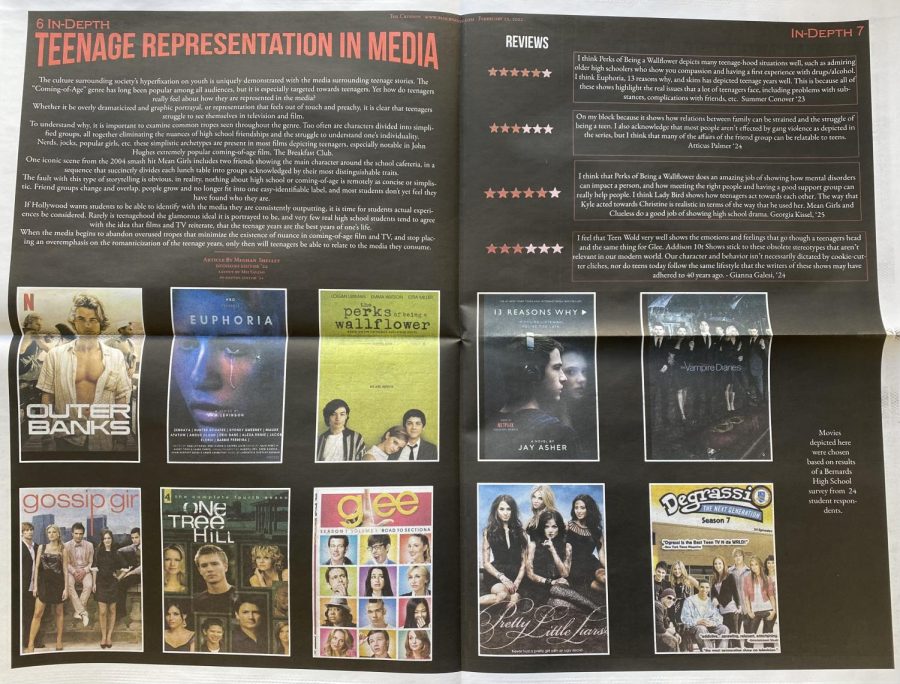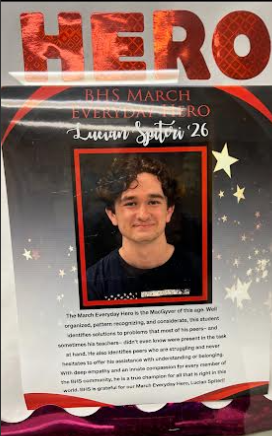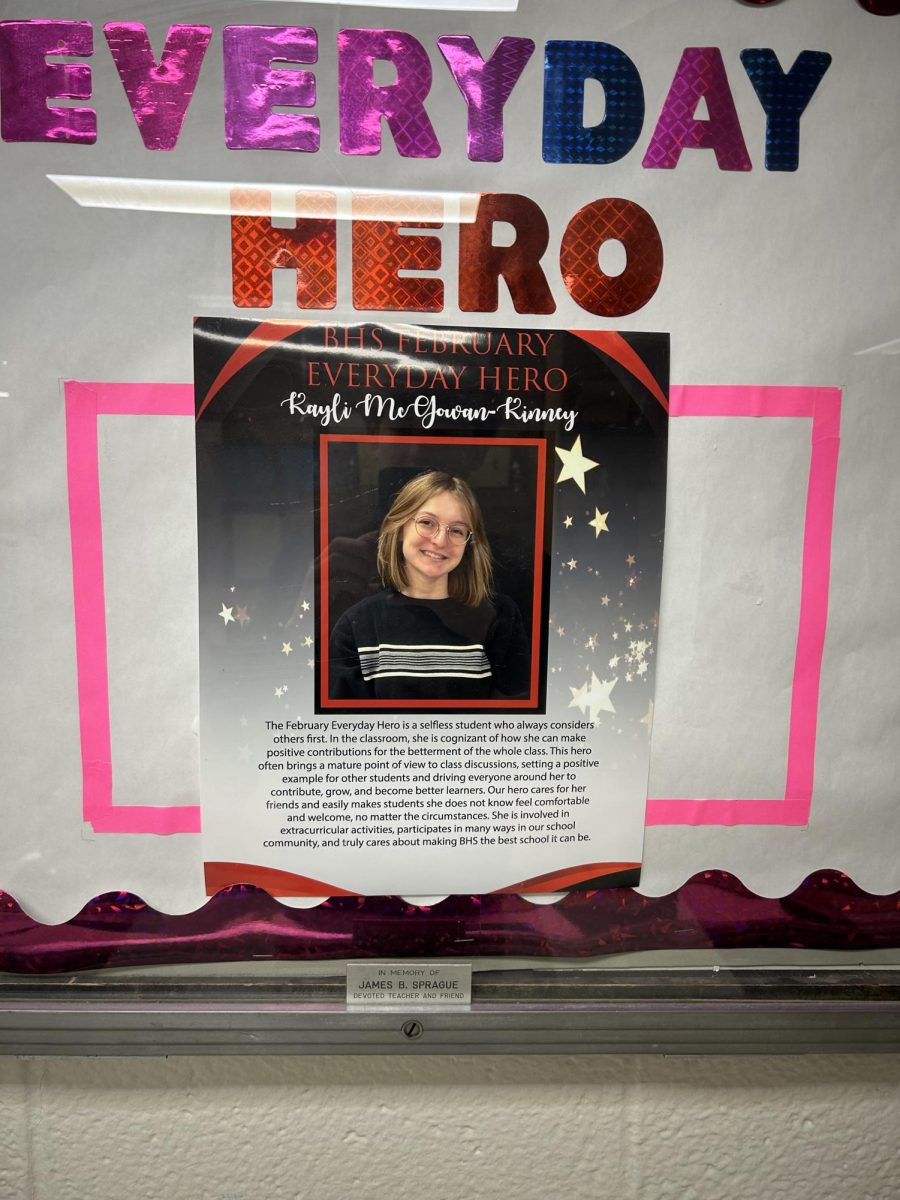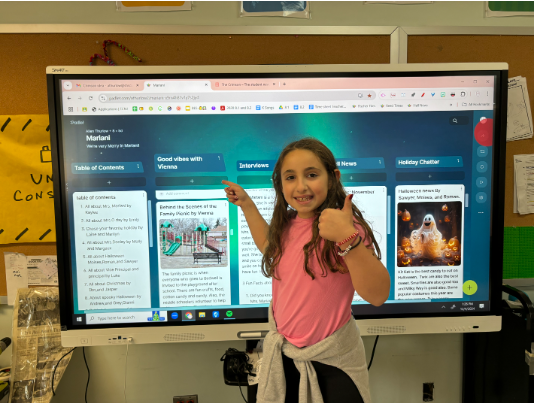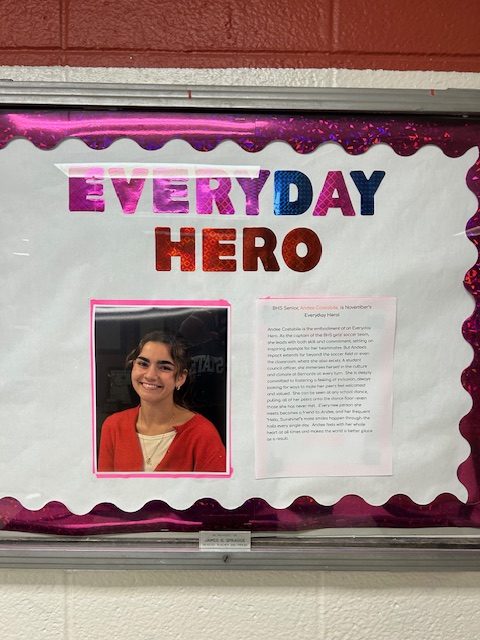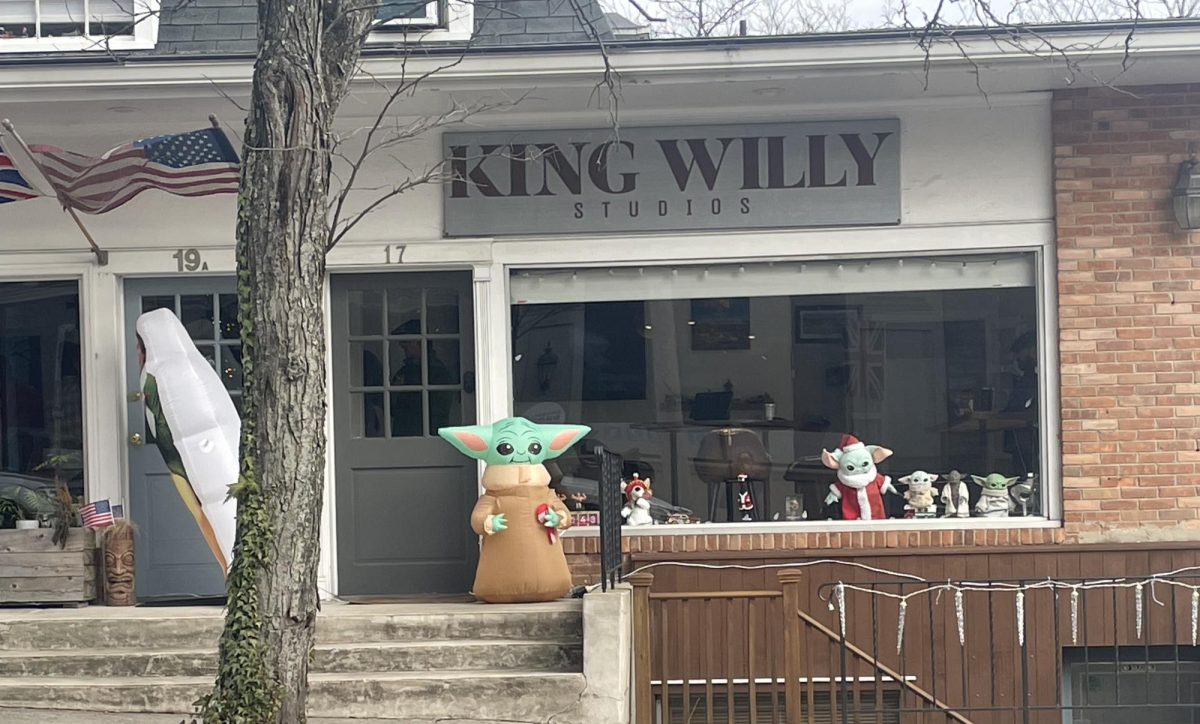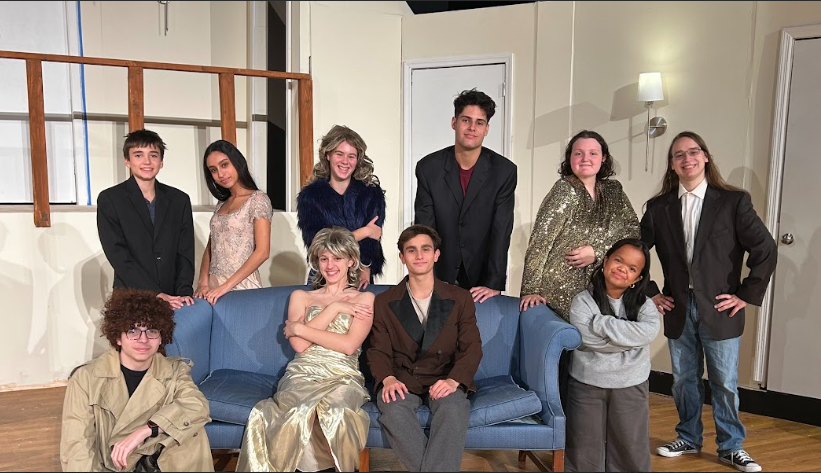The culture surrounding society’s hyperfixation on youth is uniquely demonstrated with the media surrounding teenage stories. The “Coming-of-Age” genre has long been popular among all audiences but is especially targeted towards teenagers. But how do teenagers really feel about how they are represented in the media?
Whether it be overly dramatized and graphic portrayal, or representation that feels out of touch and preachy, it is clear that teenagers struggle to see themselves in television and film.
To understand why, it is important to examine common tropes seen throughout the genre. Too often are characters divided into simplified groups, all together eliminating the nuances of high school friendships and the struggle to understand one’s individuality.
Nerds, jocks, popular girls, etc. these simplistic archetypes are present in most films depicting teenagers, especially notable in John Hughes extremely popular coming-of-age film, The Breakfast Club.
One iconic scene from the 2004 smash hit Mean Girls includes two friends showing the main character around the school cafeteria, in a sequence that succinctly divides each lunch table into groups acknowledged by their most distinguishable traits.
The fault with this type of storytelling is obvious, in reality, nothing about high school or coming-of-age is remotely as concise or simplistic. Friend groups change and overlap, people grow and no longer fit into one easy-identifiable label, and most students don’t yet feel they have found who they are.
If Hollywood wants students to be able to identify with the media they are consistently outputting, it is time for students actual experiences be considered. Rarely is teenagehood the glamorous ideal it is portrayed to be, and very few real high school students tend to agree with the idea that films and TV reiterate, that the teenage years are the best years of one’s life.
When the media begins to abandon overused tropes that minimize the existence of nuance in coming-of-age film and TV, and stop placing an overemphasis on the romanticization of the teenage years, only then will teenagers be able to relate to the media they consume.



